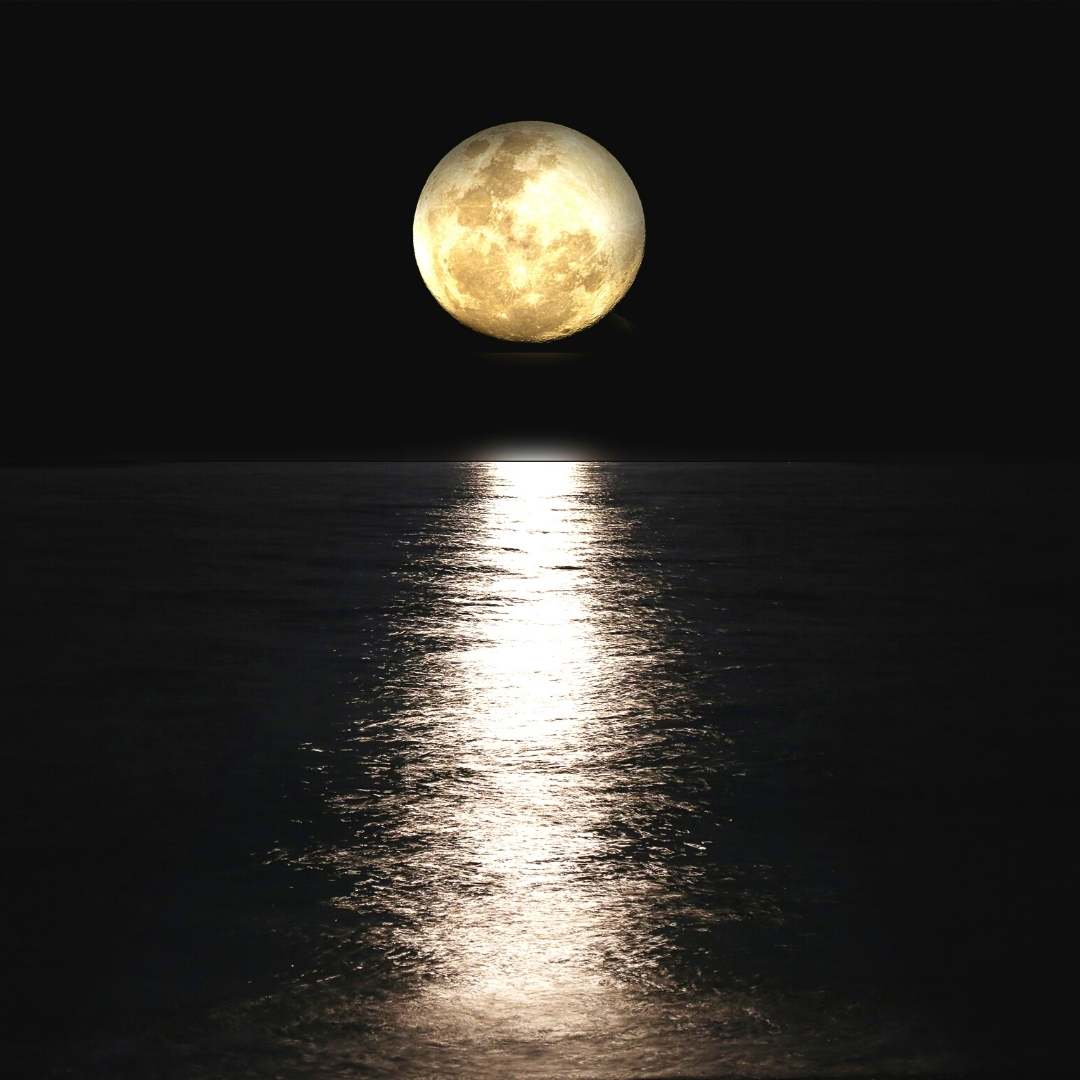FRONT X LIQUID SPIRIT Gozo Sessions
From December 2025 through to August 2026, we’re bringing a curated run of soulful sessions to Gozo Island. This new series holds everything you expect
If you’re a fan of the cosmos, then Gozo’s night skies will be your canvas for awe and wonder. Known for its low levels of light pollution, the island offers prime conditions to see celestial events in all their brilliance, especially during the summer months. Whether you’re a casual stargazer or a seasoned astronomer, Gozo’s vantage points and natural beauty make these events even more magical.
Here’s a breakdown of the can’t-miss astronomical events that you will see perfectly on Gozo Island.

The Quadrantids Meteor Shower – 3 to 4 January
One of the brightest annual meteor showers, the Quadrantids can produce over 100 meteors an hour. Gozo’s coastal spots around Xwejni, San Blas and Ta’ Ċenċ offer excellent early-year visibility.
Jupiter at Opposition – 10 February
Jupiter will be at its closest and brightest, making its bands and moons easily visible with binoculars. Open countryside areas in Sannat and Għarb provide dark, expansive viewing conditions.
Total Solar Eclipse (Partial View in Malta) – 12 August
This is the astronomical highlight of 2026. Gozo won’t see the full totality, but it will experience a significant partial eclipse. Head to the Dwejra coastline or the Miaġa Ridge for open-sky views.
Perseid Meteor Shower – 11 to 13 August
The Perseids peak just one day after the eclipse, creating a spectacular double event. Expect bright, fast meteors. Ramla, Marsalforn valley and the Sanap Cliffs are ideal spots.
Saturn at Opposition – 21 August
Saturn appears at its largest and brightest in August. Its rings will be beautifully visible through small telescopes. Choose rural areas with minimal light: Santa Luċija and Ta’ Kola are favourites.
Great Mars Elongation – 28 August
Mars will sit high in the night sky, glowing strongly in the early hours. The best viewing window is between 2am and 4 am from high vantage points such as Il-Mixta Cave and Qala’s coastal ridge.
The Draconids Meteor Shower – 7 to 8 October
A gentle but unpredictable shower. Even small bursts are visible from Gozo’s northern coast, particularly Żebbuġ and Għasri, where the sky is darkest.
The Orionids – 20 to 22 October
Known for their bright trails, the Orionids are a great mid-autumn event. Dwejra Bay is one of the best places for wide night-sky photography.
The Leonids – 17 November
The Leonids occasionally produce storm-level activity. 2026 is expected to be above average. Head inland to Ta’ Ċenċ or Għajn Abdul for peak darkness.
The Geminids – 13 to 15 December
Saving the best for last, the Geminids are the strongest meteor shower of the year. Expect bright, colourful meteors every few minutes. The cliffs near Sannat and the open fields around Xagħra offer superb visibility.
For prime stargazing spots, visit Ġgantija Temples, Ta’ Ċenċ Cliffs, or the scenic Wied il-Għasri. Ramla Bay and Xlendi Bay also offer beautiful, open-sky views where you can catch meteor showers or supermoons rising over the sea.
Pack a telescope or binoculars, a cozy blanket, and some snacks, and get ready to experience Gozo’s skies like never before. Don’t forget to mark your calendar and plan your evenings around these heavenly events.
Ref: http://www.seasky.org/astronomy/astronomy-calendar-2024.html
From December 2025 through to August 2026, we’re bringing a curated run of soulful sessions to Gozo Island. This new series holds everything you expect
Exploring Gozo’s Rich Heritage: Must-Visit Museums On The Island Of Gozo
Tal-Mixta Cave Is A Must-Visit When On Holiday In Gozo.